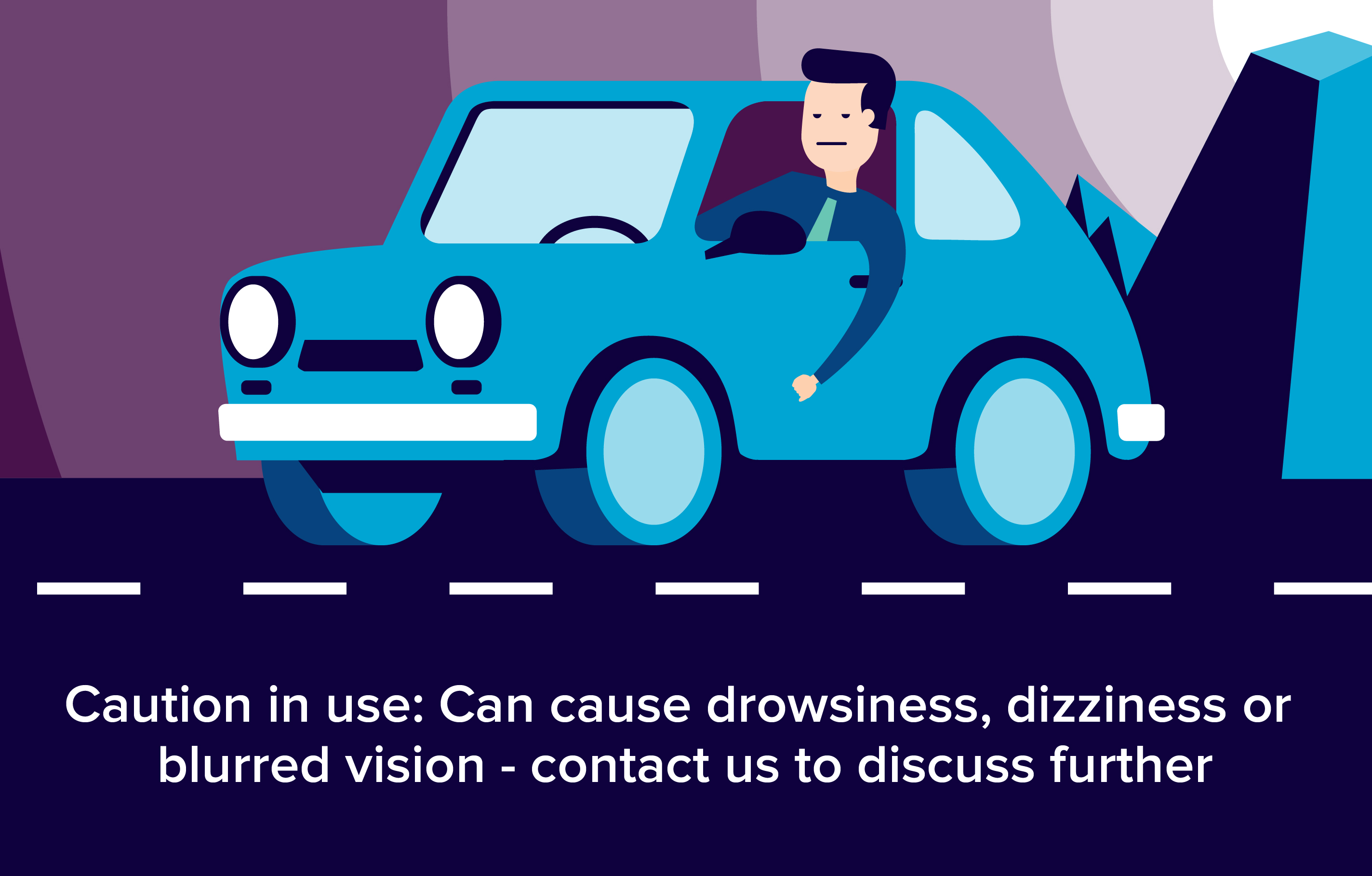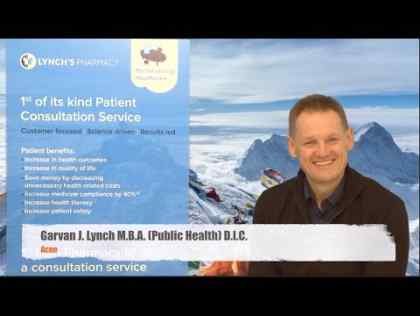Minosil capsules contain the active ingredient minocycline hydrochloride, which is a type of antibiotic called a tetracycline. Minocycline is used to treat infections caused by bacteria. The Minocin MR brand of minocycline is used to treat acne.

How does Minosil work?
Minosil works by interfering with the ability of bacteria to produce proteins that are essential to them. Without these proteins the bacteria cannot grow, multiply and increase in numbers. Minosil therefore stops the spread of the infection and the remaining bacteria are killed by the immune system or eventually die.
Minosil is active against the bacteria associated with acne, Propionebacterium acnes. This is a common type of bacteria that feeds on sebum produced by the sebaceous glands in the skin. It produces waste products and fatty acids that irritate the sebaceous glands, making them inflamed and causing spots. By controlling bacterial numbers, minocycline brings the inflammation of the sebaceous glands under control and allows the skin to heal.
What is it used for?
How do I take it?
- Minosil capsules are modified-release capsules that are taken once a day. The capsules should be swallowed whole and not opened, crushed or chewed, as this would damage the modified release action. They should be taken at the same time each day.
- The capsules should be swallowed whole with plenty of water while you are sitting or standing. This is to avoid the medicine irritating the throat. Avoid taking a dose just before going to bed.
- Minosil can be taken either with or without food.
- Do not take indigestion remedies or medicines containing aluminium, calcium, iron, magnesium or zinc at the same time of day as this medicine. These medicines can reduce the absorption of Minosil from the gut.
- Unless your doctor tells you otherwise, it is important that you finish the prescribed course of this antibiotic medicine, even if you feel better or it seems the infection has cleared up. Stopping the course early increases the chance that the infection will come back and that the bacteria will grow resistant to the antibiotic.
Use with caution in
- Decreased kidney function.
- Decreased liver function.
- People taking medicines that may have side effects on the liver.
- Abnormal muscle weakness (myasthenia gravis).
- A condition called systemic lupus erythematosus, in which there is long-term inflammation of skin and some internal organs.
Not to be used in
- Children under 12 years of age.
- Pregnancy.
- Breastfeeding.
- Complete kidney failure.
- Hereditary blood disorders called porphyrias.
This medicine should not be used if you are allergic to one or any of its ingredients. Please inform your doctor or pharmacist if you have previously experienced such an allergy. If you feel you have experienced an allergic reaction, stop using this medicine and inform your doctor or pharmacist immediately.
Pregnancy and breastfeeding
- Certain medicines should not be used during pregnancy or breastfeeding. However, other medicines may be safely used in pregnancy or breastfeeding providing the benefits to the mother outweigh the risks to the unborn baby. Always inform your doctor if you are pregnant or planning a pregnancy, before using any medicine.
- This medicine should not be used during pregnancy as it may be harmful to the unborn baby. (It can be deposited in growing bone, affecting the development of the skeleton, and in teeth, causing discolouration.) If you think you could be pregnant you should stop taking this medicine and consult your doctor. Seek further medical advice from your doctor.
- Significant amounts of this medicine may pass into breast milk, which may cause discolouration of a nursing infant's teeth (even if they have not yet erupted). It should not be used by breastfeeding mothers. Seek further medical advice from your doctor.
Side effects
Medicines and their possible side effects can affect individual people in different ways. The following are some of the side effects that are known to be associated with this medicine. Just because a side effect is stated here does not mean that all people using this medicine will experience that or any side effect.
- Dizziness.
- Spinning sensation (vertigo).
- Headache.
- Loss of appetite.
- Nausea and vomiting.
- Diarrhoea.
- Pins and needles or numb sensations.
- Sensation of ringing, or other noise in the ears (tinnitus).
- Difficulty or pain when swallowing (dysphagia).
- Inflammation or ulceration of the foodpipe (tablets or capsules should be swallowed whole with plenty of fluid while sitting or standing to avoid this).
- Skin reactions such as rash and itch.
- Hair loss.
- Abnormal reaction of the skin to light, usually a rash (photosensitivity).
- Staining of skin, nails, teeth, sweat, tears, eyes, breast milk.
- Discolouration of teeth.
- Overgrowth of the yeast Candida, which may cause infection such as thrush.
- Inflammation of the bowel (colitis).
- Inflammation of the pancreas (pancreatitis).
- Raised pressure within the skull (consult your doctor if you get a severe persistant headache, or double or blurred vision while taking this medicine).
- Liver disorders (consult your doctor if you experience yellowing of your skin or eyes (jaundice) while taking this medicine).
- Blood disorders (consult your doctor if you experience bruising, sore throat, fever or infections while taking this medicine).
The side effects listed above may not include all of the side effects reported by the medicine's manufacturer. For more information about any other possible risks associated with this medicine, please read the information provided with the medicine or consult your doctor or pharmacist.
How can Minox affect other medicines?
It is important to tell your doctor or pharmacist what medicines you are already taking, including those bought without a prescription and herbal medicines, before you start treatment with this medicine. Similarly, check with your doctor or pharmacist before taking any new medicines while taking this one, to ensure that the combination is safe.
The following medicines may reduce the absorption of Minosil from the gut, which may make it less effective. If you are taking medicines containing any of the following ingredients they should be taken at least three hours before or after your Minosil dose:
- aluminium salts
- antacids for heartburn and indigestion containing aluminium, bismuth, calcium or magnesium
- calcium supplements
- iron preparations, eg ferrous sulphate (minocycline also reduces the absorption of iron from the gut)
- kaolin
- magnesium salts
- quinapril tablets that contain magnesium carbonate, eg Accupro brand
- ranitidine bismuth citrate
- sucralfate
- tripotassium dicitrato-bismuthate
- zinc salts (minocycline also reduces the absorption of zinc from the gut)
- Videx chewable/dispersible tablets (didanosine) - these also contain an antacid.
Use in the elderly:
Clinical studies of Minosil did not include sufficient numbers of subjects aged 65 and over to determine whether they respond differently than younger subjects. Dose selection for an elderly patient should be cautious, usually starting at the low end of the dosing range, reflecting the greater frequency of decreased hepatic, renal or cardiac function, and of concomitant disease or other drug therapy.
Use in children:
The use of tetracyclines during tooth development in children under the age of 12 years may cause permanent discolouration. Enamel hypoplasia has also been reported.
If you have any more questions please ask your Pharmacist.
Remember to keep all medicines out of reach of children
Please Note: We have made every effort to ensure that the content of this information sheet is correct at time of publish, but remember that information about drugs may change. This sheet does not list all the uses and side-effects associated with this drug. For full details please see the drug information leaflet which comes with your medicine. Your doctor will assess your medical circumstances and draw your attention to any information or side-effects which may be relevant in your particular case.
References:
http://www.medicines.ie/medicine/2508/SPC/MINOCIN+SA/
http://www.rxlist.com/minocin-capsules-drug.htm
http://www.netdoctor.co.uk/skin-and-hair/medicines/minocin-mr.html
http://www.7-rx.com/catalog/Antibiotics/Minocin.htm?refid=385


